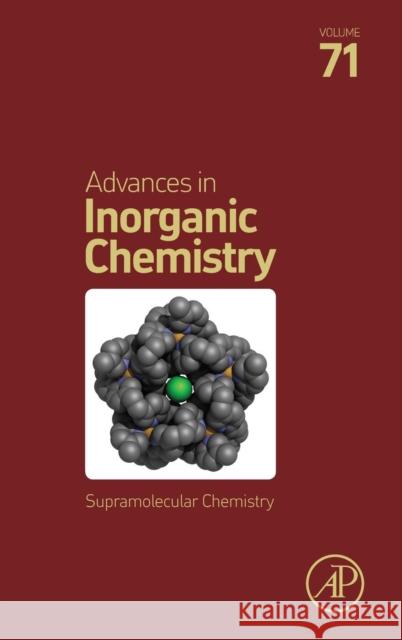Supramolecular Chemistry: Volume 71 » książka
topmenu
Supramolecular Chemistry: Volume 71
ISBN-13: 9780128151099 / Angielski / Twarda / 2018 / 452 str.
Kategorie:
Kategorie BISAC:
Wydawca:
Academic Press
Seria wydawnicza:
Język:
Angielski
ISBN-13:
9780128151099
Rok wydania:
2018
Numer serii:
000031173
Ilość stron:
452
Waga:
0.77 kg
Wymiary:
22.91 x 15.19 x 2.54
Oprawa:
Twarda
Wolumenów:
01











